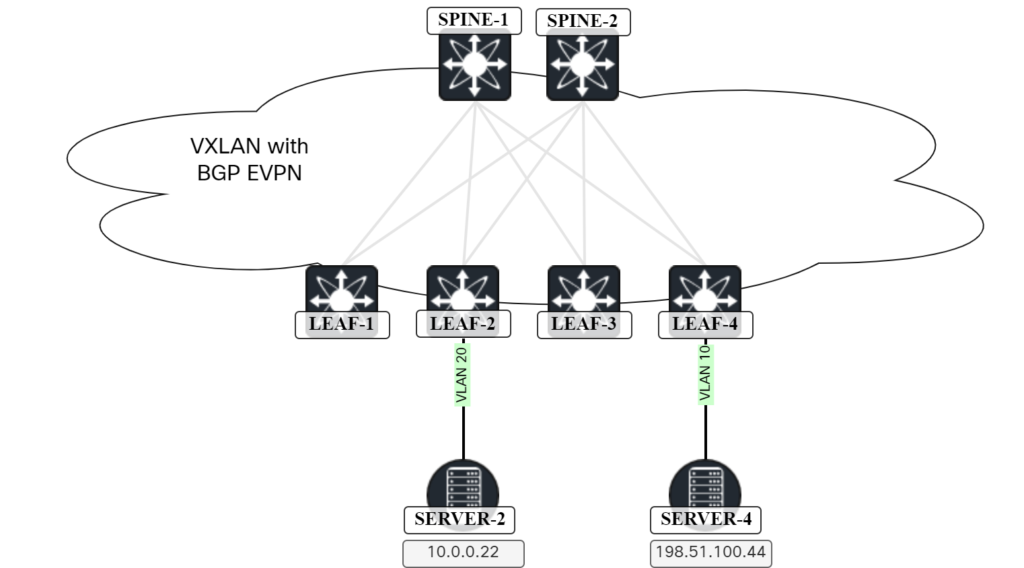netlab 1.8.0: Control-Plane Daemons, BIRD, dnsmasq
I wanted to include open-source networking-related software into netlab topologies since (at least) the days I was writing the DHCP relaying saga. It turned out to be a bit more complex than I anticipated (more about that in another blog post), but I hope you’ll find it useful. netlab release 1.8.0 includes dnsmasq running as a DHCP server and BIRD running OSPF and BGP. ExaBGP and GoBGP are already on the wish list; if you have any other ideas, please start a GitHub discussion.
I had a hard time finding reasonable container images for BIRD; the BIRD team does not publish them, and everything else I found looked either abandoned or a hobby project. The solution turned out to be exceedingly simple: you cannot run the containers without Docker anyway, which means the docker build command is just a few keystrokes away. I added Dockerfiles needed to build those containers to the netlab source code and implemented the netlab clab build command as a thin wrapper around docker build. It takes just a few seconds (plus the time it takes to download the Ubuntu container image) to build the containers you need.



